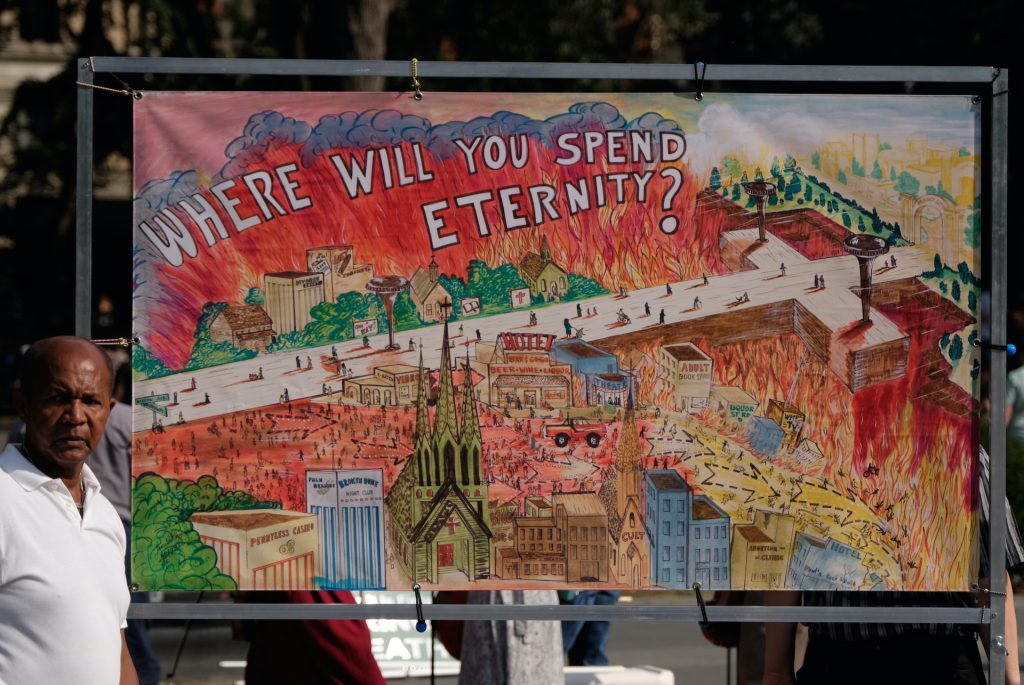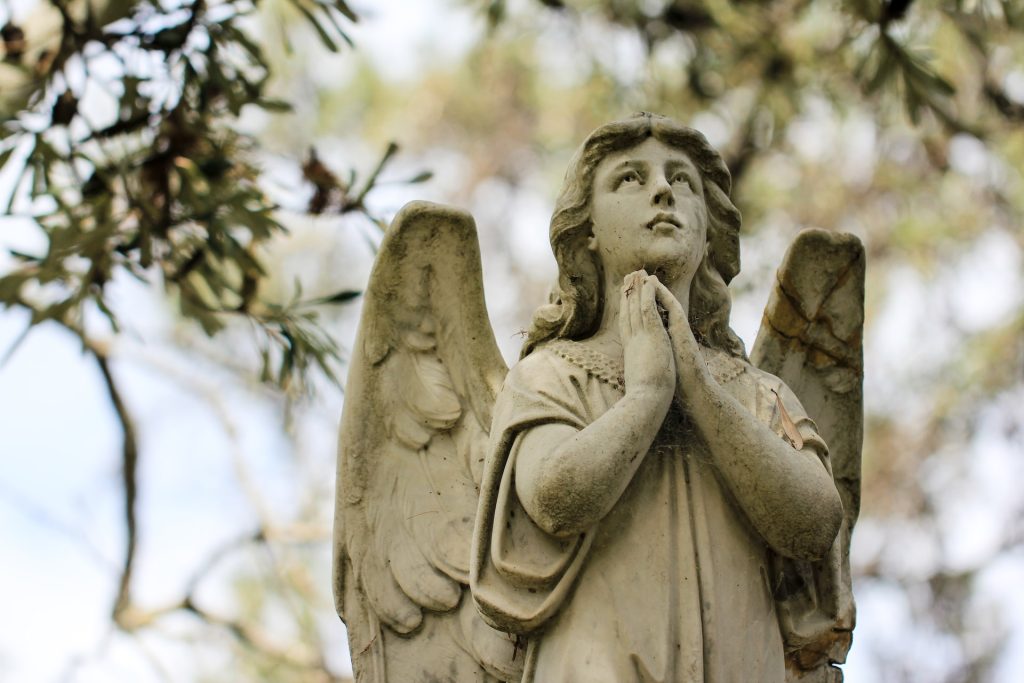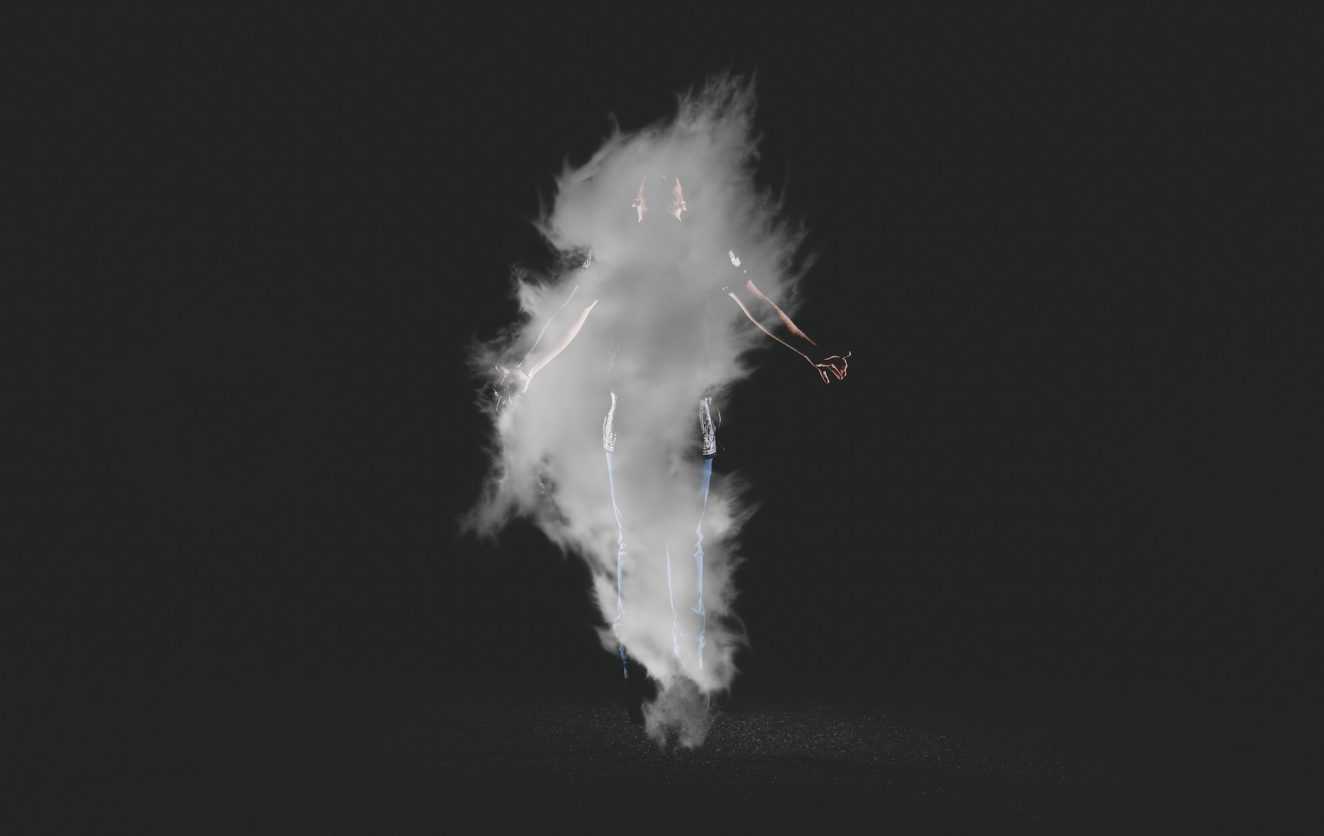The concept of an afterlife has captivated human minds for centuries, transcending cultural, religious, and philosophical boundaries. In this mind-scintillating journey, we delve into the profound mystery of the afterlife, exploring the realms of science, mythology, and belief to decipher whether this enigma holds a place in the tapestry of reality.

The Cosmic Yearning for Immortality
From ancient Egyptian beliefs in the afterworld to the intricate cycles of reincarnation in Hinduism, the afterlife has manifested in various forms across cultures. The common thread is humanity’s yearning for immortality, a desire to extend existence beyond the confines of earthly life. But is this cosmic yearning grounded in scientific principles or woven into the fabric of human imagination?
Scientific Skepticism
Science, with its empirical rigor, casts a skeptical gaze on the concept of an afterlife. Neuroscientific studies explore the intricacies of the human brain, investigating near-death experiences and the release of endorphins during moments of extreme stress. While these studies provide fascinating insights into altered states of consciousness, they fall short of unraveling the afterlife’s mysteries, leaving the door ajar for interpretation.
Quantum Conundrums
In the realm of physics, quantum mechanics introduces mind-bending concepts that challenge traditional notions of reality. Some theorists posit the existence of parallel universes and non-local consciousness, opening windows to the possibility that life extends beyond the boundaries of our mortal coil. While speculative, these quantum conundrums add a layer of intrigue to the scientific exploration of the afterlife.
Mythological Tapestry
Mythologies worldwide are woven with threads of the afterlife. Greek mythology paints a vivid picture of the Underworld ruled by Hades, while Norse beliefs describe a complex cosmology with realms like Hel and Valhalla. These myths, laden with symbolism and moral teachings, provide cultural frameworks that shape beliefs about what lies beyond our mortal existence. But are they metaphors, moral guides, or glimpses into a celestial reality?

Religious Perspectives
In the religious spectrum, afterlife doctrines play a pivotal role. Christianity anticipates heaven, hell, and judgment day, while Islam envisions paradise and the afterlife consequences of earthly deeds. These perspectives offer solace, moral guidelines, and a cosmic justice system. The question persists: are these divine promises grounded in metaphysical truth or crafted to nurture ethical conduct and spiritual growth?
The Enigma of Near-Death Experiences
Near-death experiences (NDEs) present a fascinating intersection between science and the mystical. Accounts of individuals transcending their bodies, entering tunnels of light, and encountering deceased loved ones intrigue researchers. While skeptics attribute NDEs to brain chemistry, proponents see them as glimpses into the afterlife. The scientific community grapples with interpreting these profound, subjective encounters.
Faith, Belief, and Existential Comfort
Whether rooted in religious doctrines or personal philosophies, the belief in an afterlife provides existential comfort. It offers solace in times of loss, instills purpose, and shapes moral conduct. While skeptics demand empirical evidence, believers argue that the afterlife’s essence transcends scientific scrutiny. Is belief, then, a potent force that shapes the contours of our metaphysical reality?

In the tapestry of existence, the afterlife remains an elusive thread, weaving through the collective consciousness of humanity. Science, mythology, and belief intersect in a cosmic dance, each offering fragments of understanding. As we stand at the threshold of the unknown, the afterlife persists as an enigma, inviting contemplation, inspiring faith, and challenging the boundaries of what we perceive as reality. Whether a construct of the human mind or a cosmic reality, the allure of the afterlife endures, beckoning us to explore the uncharted realms that lie beyond the veil of mortal existence.





